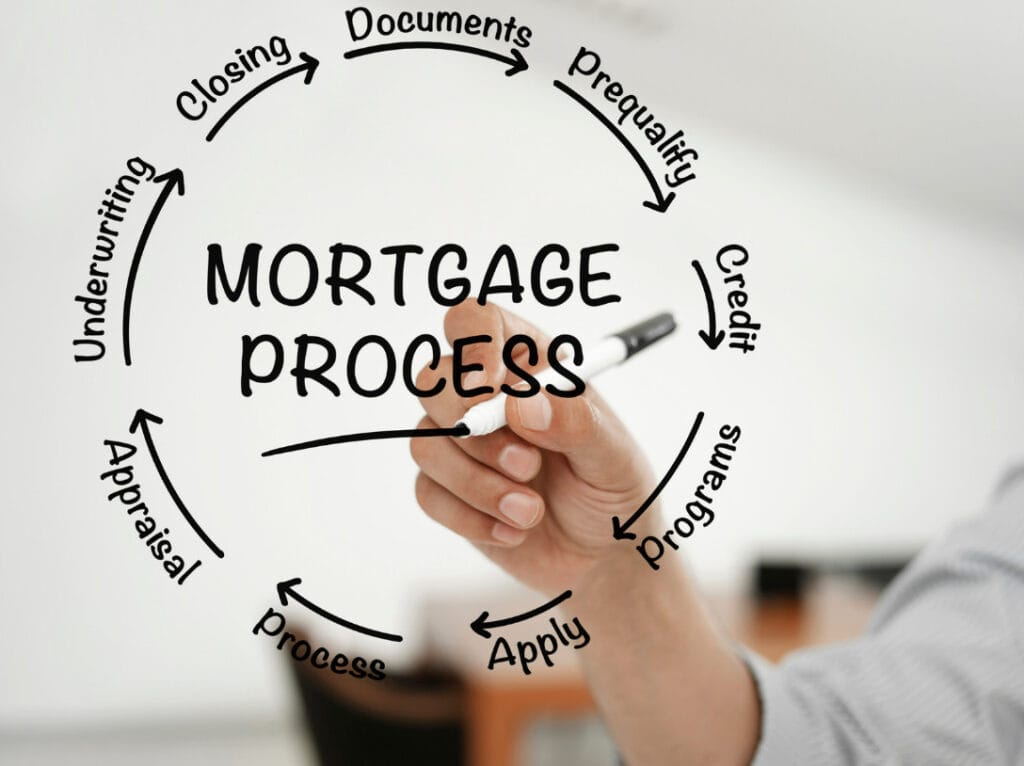A mortgage is a type of loan that enables individuals to purchase a home without paying the full price upfront. The home itself serves as collateral for the loan, meaning that if the borrower fails to make payments, the lender has the right to take possession of the property. Mortgages are typically repaid over a long period, commonly 15 to 30 years, through monthly payments that cover both principal and interest.
Understanding mortgages is crucial for potential homebuyers, as the terms and conditions of the loan can significantly impact financial stability. Knowing the different types of mortgages, how interest rates work, and what factors influence approval can help borrowers make informed decisions.
Types of Mortgages
Fixed-Rate Mortgages
A fixed-rate mortgage is one of the most common loan options available. It features an interest rate that remains the same for the entire term of the loan. This stability allows homeowners to budget their monthly expenses without worrying about fluctuating mortgage payments.
Fixed-rate mortgages are ideal for those who plan to stay in their home for an extended period. They offer predictability, making them suitable for individuals who prefer a consistent financial plan. However, the initial interest rates on fixed-rate mortgages are often higher than those on adjustable-rate mortgages.
Adjustable-Rate Mortgages (ARMs)
An adjustable-rate mortgage (ARM) has an interest rate that changes periodically based on market conditions. Typically, ARMs begin with a lower fixed rate for a specific period (e.g., 5, 7, or 10 years) before transitioning to a variable rate.
ARMs can be beneficial for borrowers who plan to sell or refinance their home before the fixed-rate period ends. However, since the rate can increase over time, borrowers should be prepared for potential payment hikes. Understanding the terms of an ARM is essential to ensure financial readiness for future changes.
Government-Backed Mortgages
Government-backed mortgages are insured or guaranteed by federal agencies, making them more accessible to specific groups of homebuyers. These loans often come with lower interest rates and more flexible qualification requirements.
FHA Loans: Backed by the Federal Housing Administration, these loans are designed for first-time homebuyers and individuals with lower credit scores. They require a smaller down payment, often as low as 3.5%.
VA Loans: Exclusively available to veterans, active-duty service members, and eligible spouses, VA loans offer competitive rates and require no down payment.
USDA Loans: Designed for low- to moderate-income borrowers in rural areas, USDA loans provide affordable financing options with low or no down payment requirements.
Understanding Interest Rates and Their Impact
The interest rate on a mortgage directly affects the total cost of homeownership. Interest rates fluctuate based on economic conditions, lender policies, and an individual’s creditworthiness. Borrowers with higher credit scores typically receive lower interest rates, reducing overall loan costs.
Mortgage rates can be either fixed or variable. Fixed rates remain unchanged, ensuring predictable monthly payments. Variable rates, on the other hand, may increase or decrease over time, affecting the affordability of the loan. Comparing interest rates from multiple lenders can help borrowers secure the best possible deal.
Mortgage Pre-Approval vs. Pre-Qualification
Before shopping for a home, buyers should understand the difference between pre-approval and pre-qualification. While both processes help estimate loan eligibility, they vary in depth and reliability.
- Pre-Qualification: A preliminary assessment based on self-reported financial information. It provides an estimate of how much a borrower may qualify for but does not guarantee approval.
- Pre-Approval: A more in-depth process that involves a lender reviewing credit history, income, and financial documents. A pre-approval letter demonstrates a borrower’s serious intent and financial capability, making them a more attractive buyer.
Factors That Influence Mortgage Approval
Several factors determine whether a borrower qualifies for a mortgage and what terms they receive. Understanding these factors can improve a borrower’s chances of securing favorable loan conditions.
Credit Score and History
A borrower’s credit score is one of the most critical factors in mortgage approval. Lenders use credit scores to assess financial responsibility. A higher score typically results in better loan terms, including lower interest rates.
Debt-to-Income Ratio (DTI)
DTI measures the percentage of a borrower’s income allocated to debt payments. Lenders prefer a lower DTI, as it indicates better financial stability. Reducing existing debt can improve eligibility for a mortgage.
Down Payment Amount
The size of the down payment affects loan terms and interest rates. A larger down payment reduces the lender’s risk, often leading to lower interest rates and better loan conditions. Many conventional loans require at least a 20% down payment, though government-backed loans offer lower requirements.
The Mortgage Application Process

Applying for a mortgage involves several steps, from gathering documents to final loan approval. Knowing what to expect can streamline the process and reduce stress.
Step 1: Gather Financial Documents
Lenders require various financial documents, including tax returns, pay stubs, bank statements, and credit reports. Having these documents ready can expedite the application process.
Step 2: Compare Lenders and Loan Offers
Shopping around for different lenders can help borrowers find the best mortgage terms. Comparing interest rates, fees, and loan options ensures a well-informed decision.
Step 3: Submit the Application
Once a borrower selects a lender, they submit a formal application. The lender reviews financial information and assesses loan eligibility.
Step 4: Underwriting and Loan Approval
The lender conducts an underwriting process, verifying the borrower’s financial details and evaluating the risk. If everything checks out, the loan is approved, and a closing date is scheduled.
Final Thoughts on Choosing the Right Mortgage
Selecting the right mortgage is a crucial financial decision that requires careful consideration. Homebuyers should assess their long-term plans, financial health, and risk tolerance before committing to a loan. Consulting with mortgage professionals and comparing options can help borrowers find the most suitable mortgage for their needs.
By understanding different loan types, interest rate structures, and approval factors, homebuyers can make confident and informed decisions. A well-chosen mortgage can lead to long-term financial stability and homeownership success.
